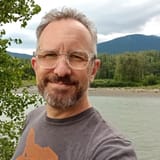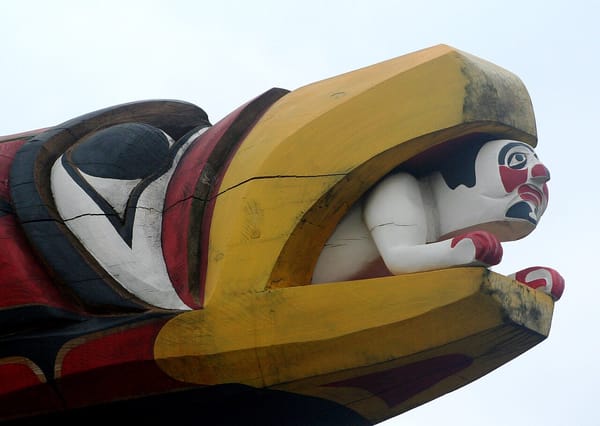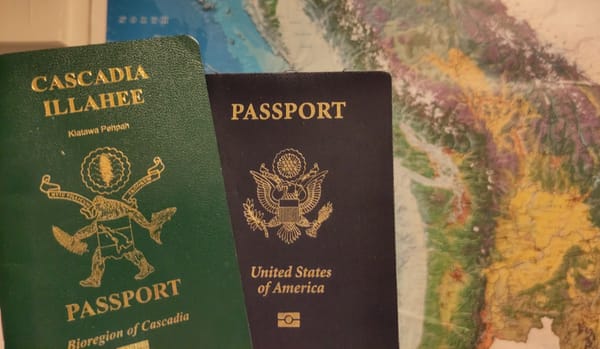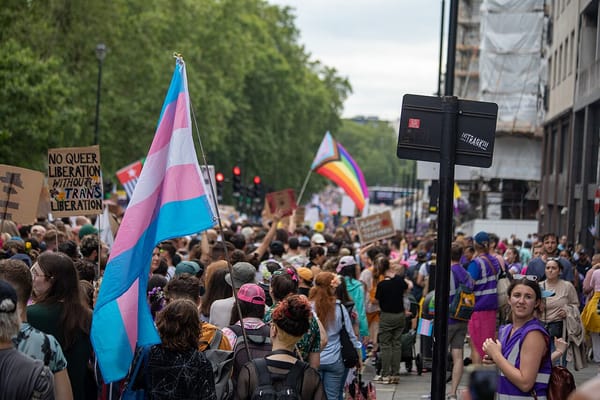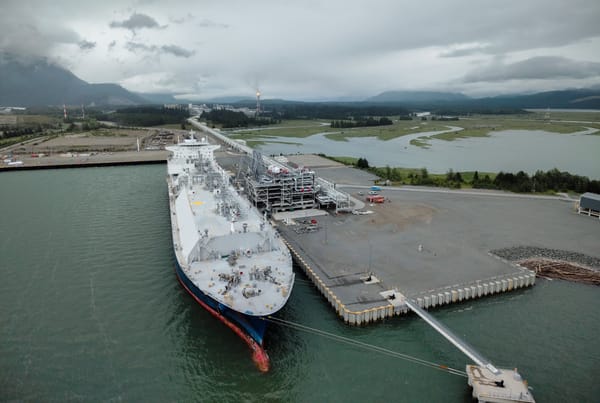Thinking about independence
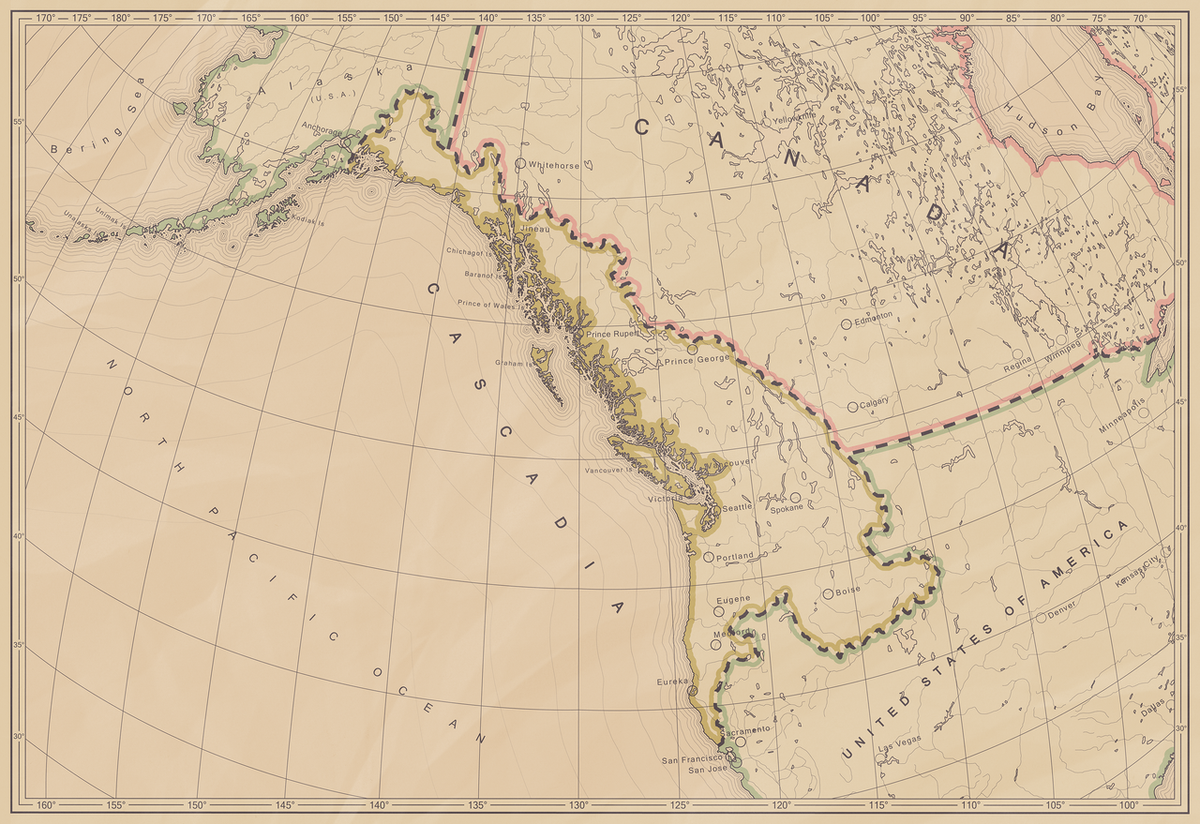
Today, Sen. Lisa Murkowski did a cowardly thing. Murkowski, a centrist who has flirted with the idea of leaving the Republican party and joining the Democrats, represents a portion of Cascadia in the US Senate (areas of southeast Alaska, including Juneau, are part of the bioregion). Murkowski was apparently very concerned about the impact of Medicaid cuts to 17 million people in the GOP's budget bill, telling a reporter, "Do I like this bill? No." So, instead of making things better for all Americans, and voting against it, she cut a deal and got fewer cuts to some programs in her home state.
Hopefully, other leaders from our bioregion will show more spine than Murkowski.
The cuts will be a disaster for Cascadia. A report at OPB from June found that 20 percent of people on Medicaid in Oregon will likely lose their health care coverage – one of the highest rates of any state. Washington not far behind with 14 percent losing coverage. More than half a million people in those two states alone will likely lose their health care.
Those cuts will help pay for a $45 billion increase in ICE detention facilities, nearly $30 billion to hire new ICE agents, and $46 billion for Customs and Border Protection to build a border wall with Mexico and fund more agents, weapons, and vehicles.
Its' worth noting that Oregon and Washington together pay $37 billion more in federal taxes each year than they receive back in services and funds from the federal government.
We can do better on our own.
And this, on the same day that Donald Trump made a speech suggesting that New York City mayoral candidate Zohran Mamdani and other political opponents should be arrested and have their citizenship stripped away if they oppose ICE crackdowns.
All this is to say, on this Fourth of July weekend, I'll be out in the wilderness thinking more about independence. That is, peaceful Cascadia independence from the United States of America.
In the Stranger today, Charles Mudede wrote about Mamdani and how the real extremists are Trump and his followers. Mudede makes a sharp observation: because of features in the US constitution, a minority right-wing party now holds power. If the US were truly democratic, then the values that the cities of North America value would be the norm in national politics: multiculturalism, respect for queer and human rights, attention to the social safety net.
What Mudede misses, however, is that without major structural changes to that constitution, the Christian white nationalist GOP will continue to consolidate their power in a one-party state. So, what's the solution?
Those who think mid-term elections or the 2028 US election will change all this are living in a dream world that no longer exists.
What we do have here in the Pacific Northwest is a strong economy, a sense of bioregional identity, and the streak of independence that allows us to work for something better than the failed state the US has become.
We need to be having conversations now about what a peaceful movement toward independence would look like and what it could achieve. A loose organization I've started, Cascadia Democratic Action, is in the early stages of creating that movement.
While I may disagree with some of my neighbors in Cascadia about taxes and spending priorities, I think we all can agree on:
A constitution that guarantees all the rights set out in the Universal Declaration of Human Rights, including the right to life, liberty, and security of person; freedom from arbitrary arrest; freedom of thought, conscience and religion; and the freedom to peaceably assemble.
A constitution that guarantees the right to vote, limits the influence of money in politics, and creates a democracy that is representative of the will of all its residents.
A bioregion with rational policies on immigration, naturalization, and international trade.
A bioregion that is committed to a clean, healthy environment, and which is dedicated to transitioning to sustainable energy sources in the global effort to tackle climate change.
A bioregion that is committed to the public good, including affordable health care and housing, free public education, and affordable child care.
These things are possible, and freed from excessive US spending on its bloated military and militarized immigration police force, we can do those things, independently.
It's time for a divorce. We can do things better on our own.
--Andrew Engelson

